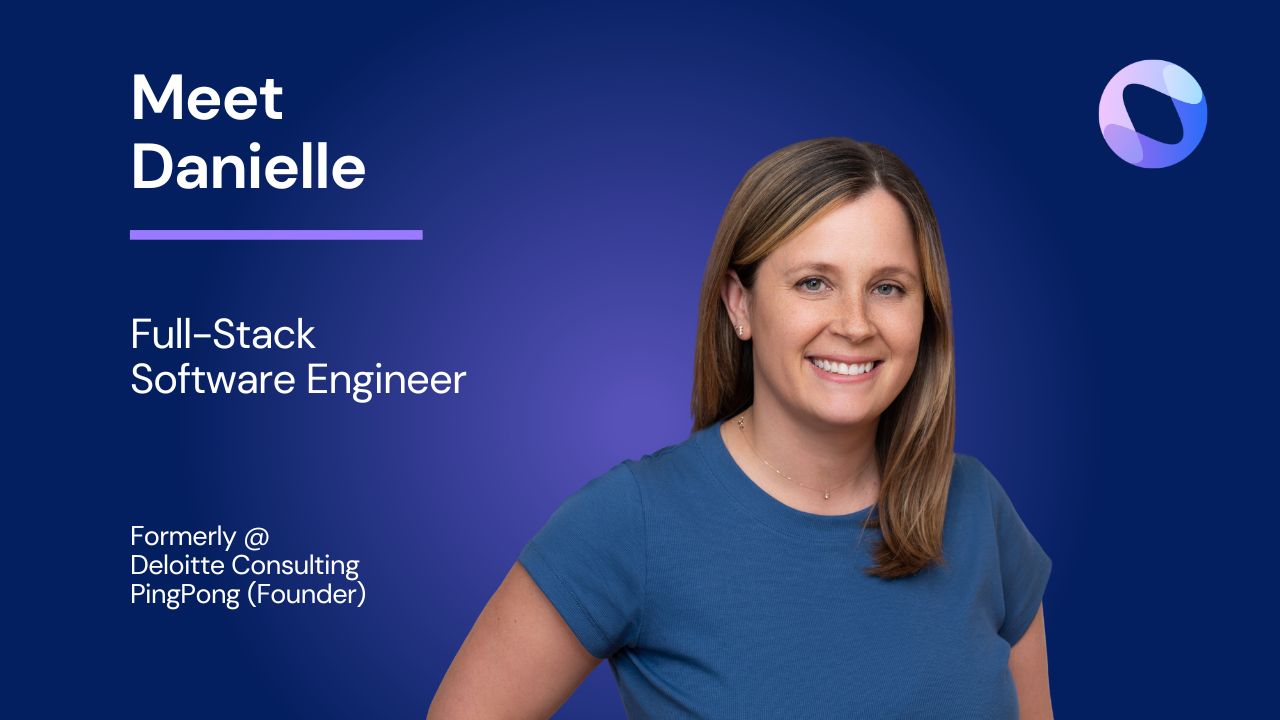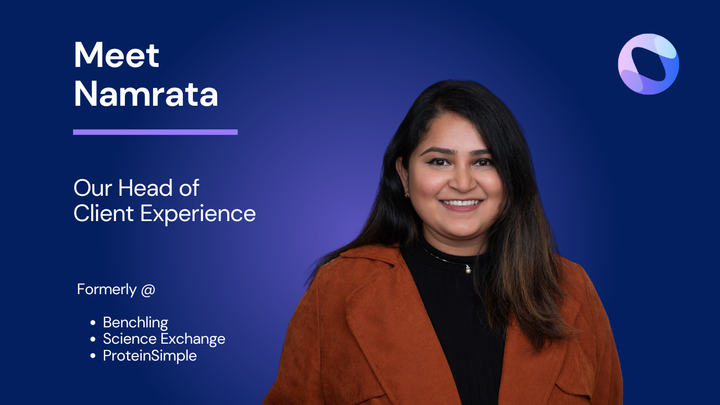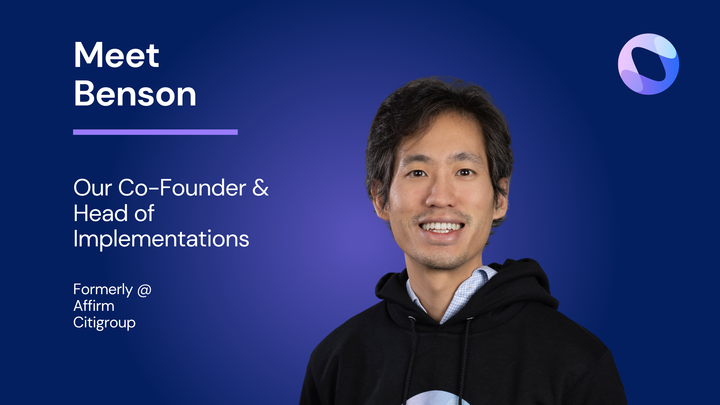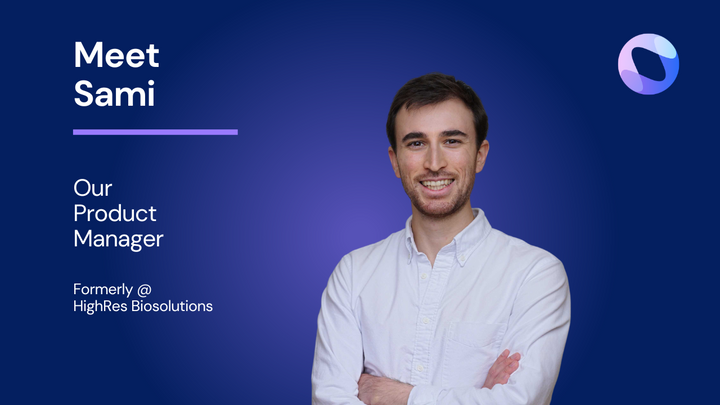6 Questions with Danielle Kuhn, Software Engineer at Ganymede
A new installment in our "Meet the Team" series.

Name: Danielle Kuhn
Title: Full-Stack Software Engineer
Location: Austin
Our full-stack software engineer Danielle Kuhn brings a wealth of technical and entrepreneurial knowledge to our team. With a background deeply rooted in the tech startup scene, Danielle has not only helped build platforms across the companies where she has worked, but is also a co-founder herself. Back in 2015, she launched Ping-Pong, a cross-border payment company that facilitates B2B payments and services for global e-commerce. As a co-founder, Danielle was instrumental in shaping its technological infrastructure and scaling it from inception to handling billions in total payment volume.
We’re incredibly lucky to have Danielle at Ganymede. Read on as we get her insights on engineering, entrepreneurship, and technological innovation.
1) Could you tell us a little bit about your background? Where were you before you joined Ganymede?
I’m an entrepreneur at heart, but I got started as an actuary. Working for large insurance companies was a challenge, given the trillions of dollars at stake, but when I had the opportunity to start my own company I couldn’t pass it up. A colleague and I started a payments company called PingPong in 2015. By the time I left PingPong we had scaled the company from zero to billions in payment volume with offices and financial licenses in multiple countries. I had always been fascinated by the engineering challenges, and am a math person at heart, so in 2018 I decided to become a software engineer. I landed a job with some great engineers who taught me so much about programming in the real world which ultimately led me to Ganymede in 2022!
2) As a full-stack software engineer, you have experience spanning various programming languages and technologies. Which ones do you find particularly exciting to work with, and why?
On a daily basis, I enjoy working with cloud-native technologies like Kubernetes and serverless architectures. They empower me to design resilient, scalable systems that can adapt to changing demands effortlessly. In my experience working in the insurance industry, a sector similar to biotech that is traditionally cautious, the slow adoption of cloud-native technologies often stems from concerns over security and the complexity of migrating legacy systems. However, embracing Kubernetes and serverless architectures can revolutionize this space by enhancing data security, improving system resilience, and enabling more scalable and flexible service offerings. These technologies not only address the industry's stringent requirements for data protection and regulatory compliance but also pave the way for more innovative, customer-focused solutions.
3) In your opinion, what are the most significant challenges facing software engineers today, and how do you navigate them?
Today it feels like technology is changing faster than ever - we’re constantly learning new languages, frameworks and tools. I often feel like if I left the industry even for a year, my knowledge would be obsolete. A close second is security. Maintaining data privacy while continuing to optimize functionality and performance is always on our minds as software engineers.
To navigate through these challenges I try to surround myself with great engineers. I have a network of engineers and tech enthusiasts who I chat with regularly—we bounce ideas off each other and riff on the newest trends. I've also found that the key is to never stop asking questions. It sounds simple, but it’s super effective. Every conversation, I'm either learning something new or explaining something to someone else. Sharing what you know and staying curious has kept me on my toes.
4) You've experienced the exhilarating journey of scaling a startup from a technical and a business standpoint. What were some of the most significant challenges you faced during this journey, and how did you and your team overcome them?
My company PingPong did the challenging job of moving money across the Chinese border, which presented significant regulatory and operational challenges from the very beginning. One significant hurdle was adapting our platform for compliance with different countries' financial regulations, which we tackled by bringing in legal experts from each region and incorporating modular architecture in our system. Throughout, maintaining a customer-centric approach helped us prioritize features and improvements, while flexible development practices enabled rapid adaptation to new markets and technological changes.
5) Based on what you learned with PingPong, can you share any crossover you’ve noticed between fintech and biotech?
The core challenges that operators in both finance and biotech are much more similar than you might imagine. Each field must overcome manual processes - oftentimes dealing with old spreadsheets and databases. These industries are still shockingly old school. You might think that everything today is cloud based and efficient, but it’s actually still common to see files being moved by USB between workstations. Building reusable capital is the key to scaling these industries in the modern era. It’s exciting to work on these challenges because they’re so inexorably connected to the real work of the scientists and their innovations.
6) Looking ahead, what emerging technologies or trends do you believe will have a profound impact on the field of software engineering in the coming years? On the life sciences?
I think profound impacts on software engineering will come from the integration of AI and ML for automation, the adoption of quantum computing which will redefine computational capabilities, and the evolution of DevOps towards more intelligent and automated workflows.




